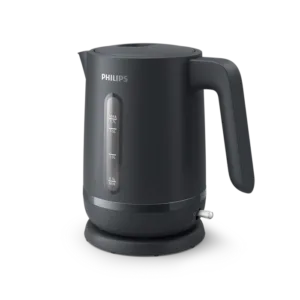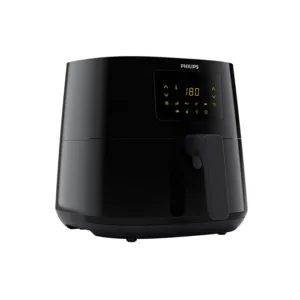What does invertor mean in an air conditioner?
Inverter is an electronic technology that controls the speed of the compressor instead of turning it on and off completely as in conventional air conditioners. This allows the cooling capacity to be automatically adjusted as needed, resulting in Significant savings in electricity consumption, quieter operation, and temperature stability Here is a detailed explanation of the meaning of the term inverter in the world of air conditioners from Leaders Center.

Difference between inverter air conditioner and conventional air conditioner
To understand the importance of an inverter in an air conditioner, it is first necessary to explain how it differs from a regular air conditioner:
- Conventional air conditioning (On/Off): Intermittent operation, running the compressor at full power and turning it off when the temperature is reached, resulting in high energy consumption and thermal fluctuation.
- Inverter air conditioner: Keeps the compressor running continuously but at varying speeds as needed, ensuring stable cooling and minimizing energy consumption.
How Inverter Technology Works
The inverter mechanism in air conditioners works as follows:
- An inverter converts alternating current (AC) to direct current (DC), then converts it back to AC at a variable frequency as needed.
- The speed of rotation of the compressor is controlled by the desired temperature in the room.
- This technology is much like a car’s cruise control, which keeps performance running smoothly without sudden interruptions or surges.
Key Features of Inverter Air Conditioners
Before reviewing the following benefits, it is useful to know that most international companies such as Daikin , LG, and Samsung rely on this technology in most of their new devices, as it has a direct impact on operational efficiency and comfort.
- Energy savings: Inverter technologies can save 30-60% of energy compared to conventional air conditioners, according to studies conducted by Japanese company Daikin.
- Faster cooling: Runs at high speed at startup to quickly cool the room and then switches to conservation mode.
- Quieter operation: Because the compressor is not always running at full capacity, operation is smoother and quieter.
- Temperature stabilization: Eliminates the temperature fluctuations typical of regular air conditioners.
- Longer life and less maintenance: Minimizing on and off times keeps device components lasting longer.
Leaders Center Inverter Air Conditioner Options
Leaders Center provides a wide range of inverter air conditioners with different technologies and different prices. Here are some of the available models:
LG 1.5 Ton Inverter Stationary Air Conditioner – 1.5 Ton Capacity, Dual Inverter Technology, 24-hour thermostat, UV Nano Filter, High Efficiency.- Samsung 1.5 Ton Inverter Wind-Free Smart Air Conditioner – A model with 2 tons of cooling capacity, Inverter technology, suitable for large spaces.
Conclusion
Inverter technology is no longer just an additional option, it has become a staple in modern air conditioner design due to its comfort, efficiency, and energy savings. For those looking for stable air conditioning, quiet operation, and a lower electricity bill, choosing an air conditioner with inverter technology is a smart investment.







Add comment